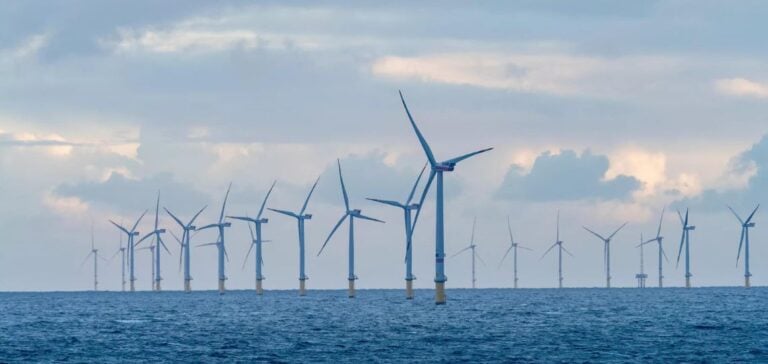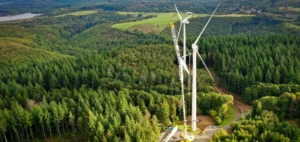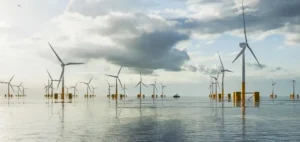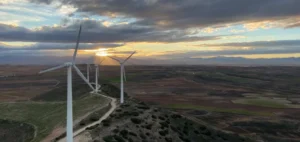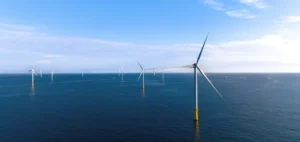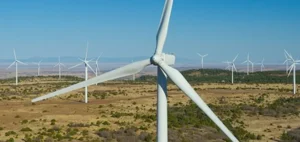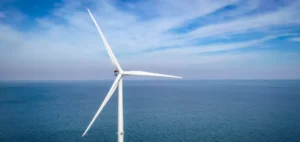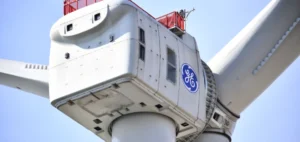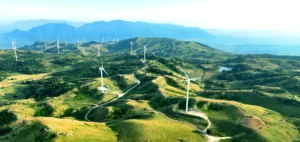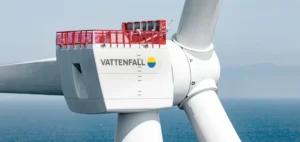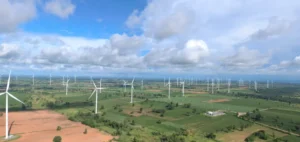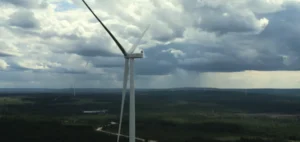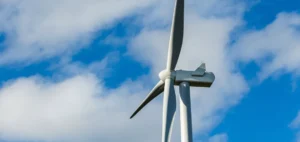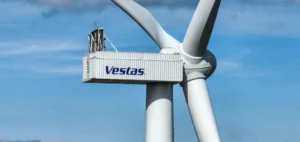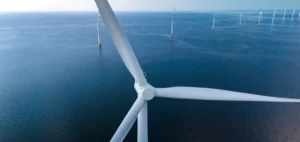The Bureau of Ocean Energy Management (BOEM) recently finalized its environmental assessment of future offshore wind projects off the coast of Oregon.
This in-depth analysis, which focused on potential site characterization activities, revealed that leasing for wind energy development in this region would not result in significant environmental impacts.
This conclusion is based on extensive data collection and the integration of input from multiple stakeholders, including tribal communities, government agencies, and marine users.
This work is part of a wider drive by the Biden-Harris administration to stimulate renewable energy production while meeting the most stringent environmental requirements.
Outlook for offshore wind power in Oregon
BOEM plans to auction the leases for two areas identified as favorable for offshore wind offshore Oregon by the end of 2024.
This sale, preceded by the publication of a Notice of Final Sale, will allow qualified participants to submit proposals for the operation of the sites.
However, the award of these leases does not automatically confer the right to build wind farms.
Each project will have to undergo a detailed analysis via an Environmental Impact Statement (EIS) before final approval.
This EIS will be developed in close collaboration with local stakeholders, including tribes, federal and state agencies, and coastal communities.
This approach is designed to ensure that each project complies with the highest environmental and social standards, while meeting the requirements of the energy transition.
Stakeholder coordination and commitment
BOEM continues its coordination efforts with the Oregon Intergovernmental Renewable Energy Task Force, an entity comprising federal, state, local and tribal representatives.
This group is responsible for overseeing offshore wind development initiatives in the region, ensuring a balanced consideration of environmental, economic and social concerns.
BOEM’s analysis reflects a methodical, collaborative approach to energy infrastructure planning.
As the offshore wind energy sector continues to evolve, the role of consultation and rigorous assessment asserts itself as a central pillar for balanced development that respects ecosystems.


